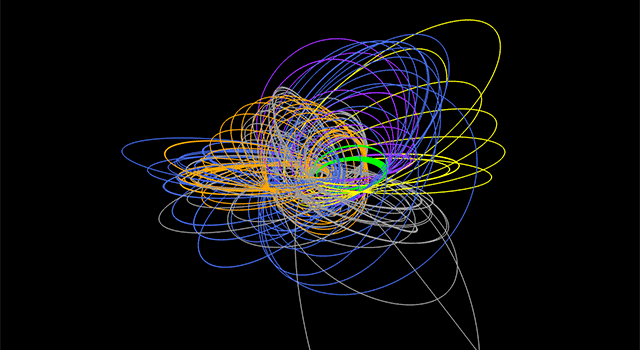
STEAM Matters
Discover nifty and novel frontiers in
Science, Technology, Engineering, Arts, and Mathematics
Tutoring Courses Available:
-

Arithmetic
-

Algebra
-

Geometry
-

Trigonometry
-

Calculus
-

Finance & Capital Markets
-

Electric Power Systems - Engineering Principles & Applications


































